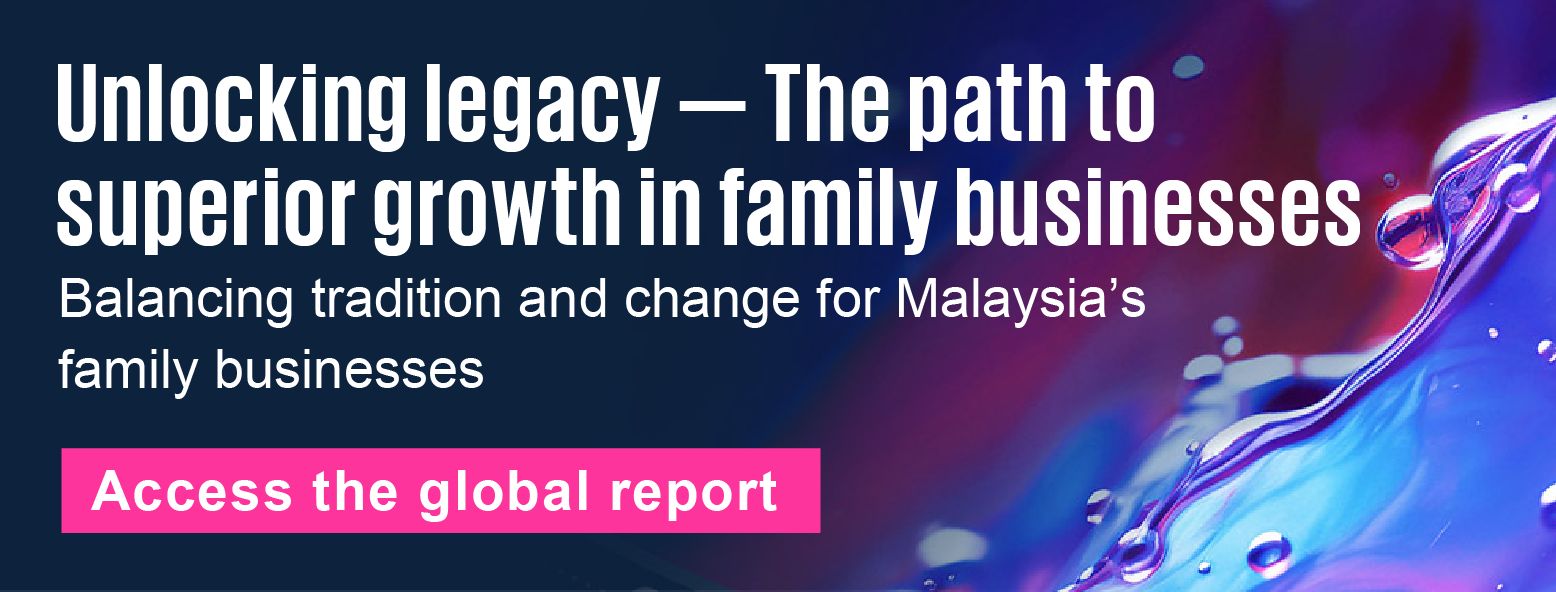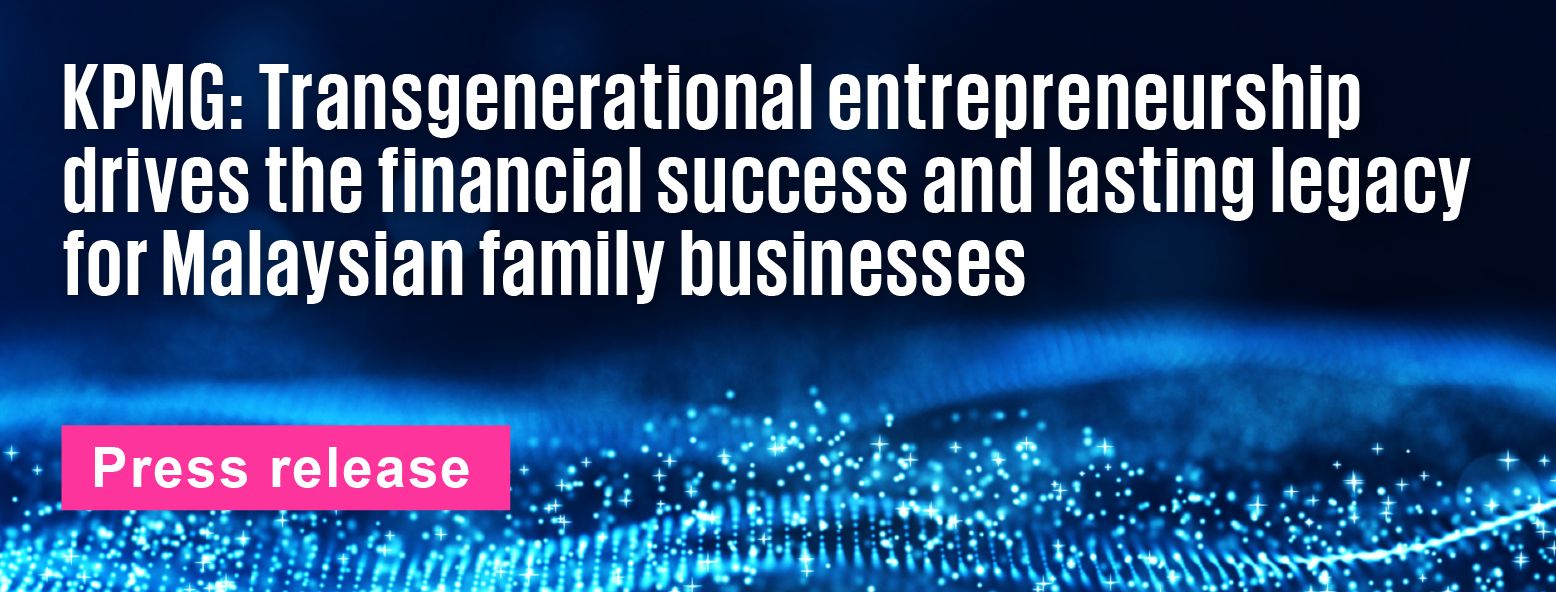A unique combination of tangible and intangible assets (biological, material, social and identity legacy) in family businesses, recognized for its role in sustaining the family’s regenerative power and transgenerational entrepreneurship. Family businesses with rich legacies tend to have strong family connections, a high level of financial performance and exhibit strong performance, employee, supplier and social sustainability practices.

Legacies also reinforce the emotional bond that fuels a family’s identity, inspiration, and innovation. But legacy can also be a liability if it is too entrenched in tradition, and it can stand in the way of innovation, change and agility in future generations.
There is a strong attachment to the family’s shared values, attitudes, and beliefs, which tends to contribute to a focus on community relationships and strong social ties. In contrast, there is less attachment to shared family stories and rituals, that shape the family’s identity. This view is shared by both Malaysian and global family business leaders, as indicated in the survey results.










